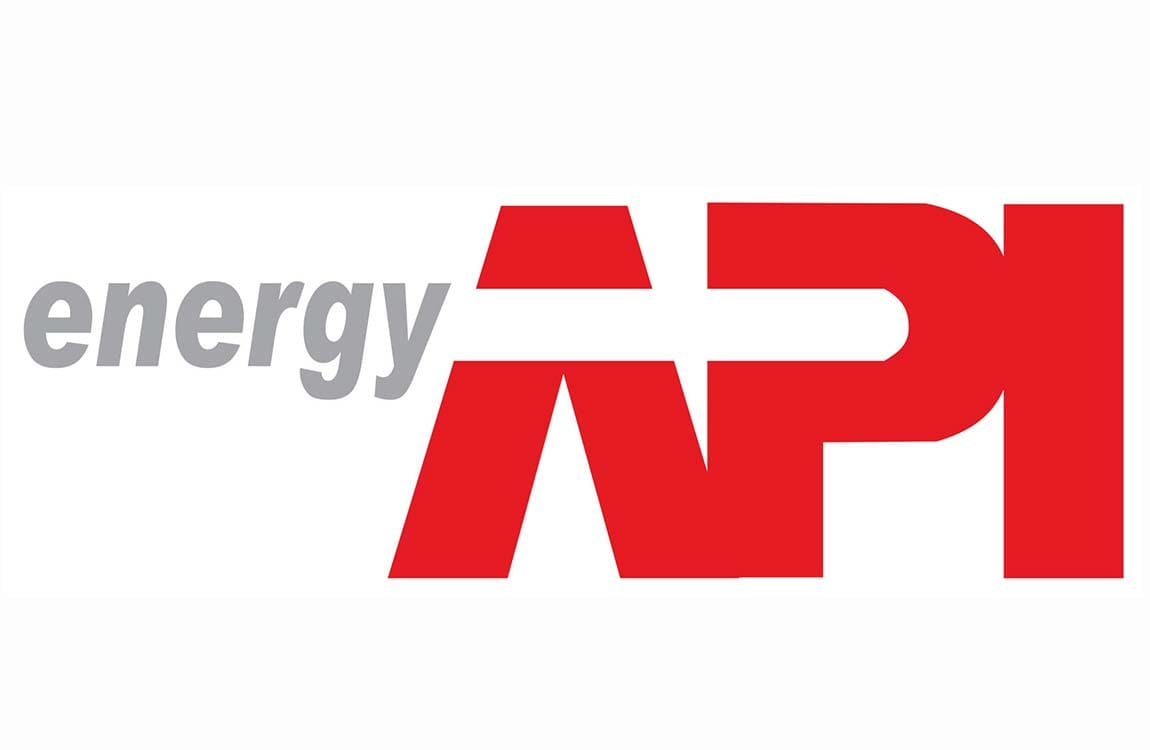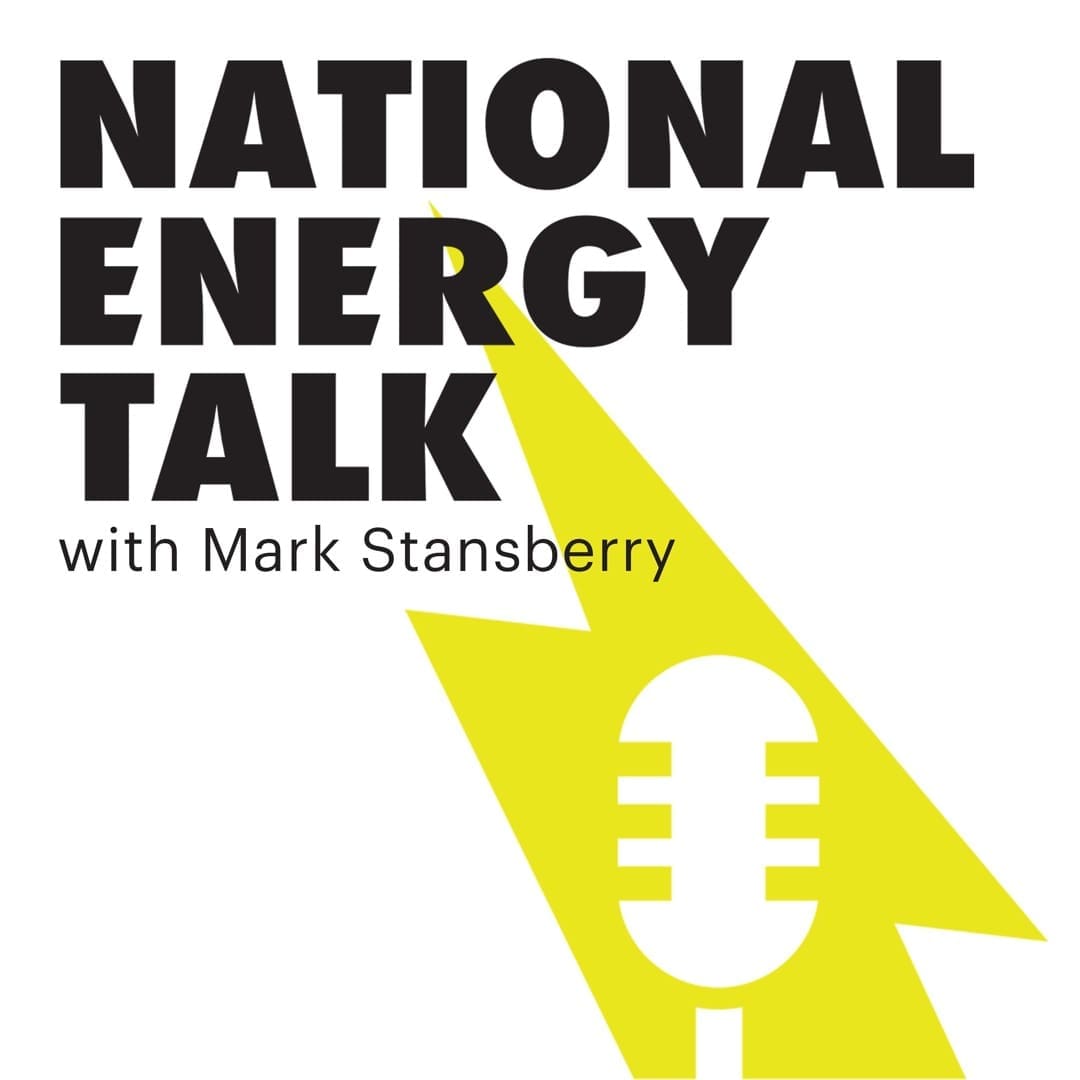WASHINGTON – API President and CEO Mike Sommers today addressed more than 400 government, labor and industry leaders on America’s economic leadership at API’s ninth annual State of American Energy address.
Sommers highlighted record U.S. energy production and U.S. CO2 emissions reductions to their lowest level in a generation while calling on policymakers to enact policies that embrace technological innovation and open markets, implement effective trade policy, and expand U.S. energy infrastructure.
“Every generation has its own defining challenges, and its own defining accomplishments. We call this one ‘America’s Generation Energy’ because of a remarkable dual achievement: meeting record world energy demand while driving record CO2 emissions reductions. Thanks to America’s Generation Energy and its cutting-edge innovations, the U.S. energy outlook is stronger than ever,” said Sommers.
“Net oil imports this year are set to fall to their lowest levels since 1958. On some days, we actually export more oil than some OPEC nations produce. That’s a monumental shift in the global balance of energy power, and it’s paying off in communities across the nation – cutting family budgets and bringing manufacturing jobs back.”
The 2019 SOAE report also highlights 13 women and men of the industry whose careers show the span of innovative technologies at work in natural gas and oil today, as well as industry’s commitment to continue lowering emissions, protect the environment and advance safety.
The event featured a panel discussion by industry leaders, including Susan Dio, chairman and president of BP America; Gretchen Watkins, Shell Oil president; Dave Hager, Devon Energy president and CEO; and Karen Wright, Ariel Corporation president and CEO. They discussed a number of current energy issues, ranging from infrastructure needs and increased access to natural gas and oil reserves to the need to overhaul the Renewable Fuel Standard.
“U.S. security, and global stability, are better off with the United States as the world’s energy leader. The United States is not just setting energy production records to meet global demand. We’re doing it while protecting the environment. The United States is the world’s gold standard when it comes to safe, responsible energy development.”
Sommers also released a new energy poll on what Americans think about U.S. natural gas and oil.
Key poll results:
- 84 percent support increased development of the country’s energy infrastructure
- 83 percent see natural gas and oil as important to the future.
- 78 percent of voters support increased production of natural gas and oil resources.
- 77 percent support energy policies that the natural gas and oil industry advocates: a secure supply of abundant, affordable and available energy.
- 75 percent support the role natural gas is playing in reducing greenhouse gas emissions.
- 90 percent see personal value in natural gas and oil.
Poll Methodology
The study was conducted on November 27- December 4, 2018, by telephone by The Harris Poll on behalf of the American Petroleum Institute among 1000 registered voters across the U.S., with a sampling error of +/- 3.1 percent.
API is the only national trade association representing all facets of the natural gas and oil industry, which supports 10.3 million U.S. jobs and nearly 8 percent of the U.S. economy. For nearly a hundred years, API which started as a standards-setting organization has developed almost 700 standards to enhance the safety of our workers and protect the community and environment – standards the world looks to as a guide. API’s more than 600 members include large integrated companies, as well as exploration and production, refining, marketing, pipeline, marine businesses, and service and supply firms. They provide most of the nation’s energy and are backed by a growing grassroots movement of more than 47 million Americans.








